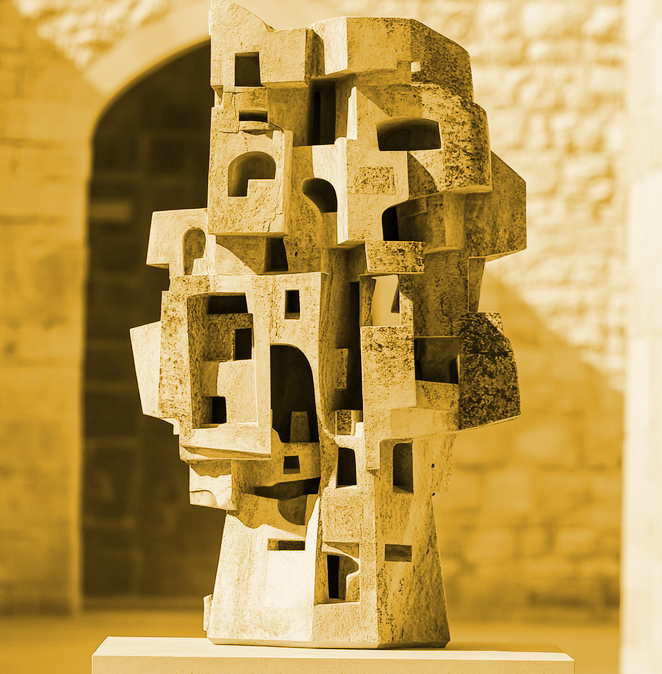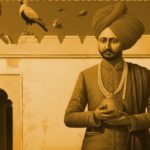Why do we cherish our profession and the social status that comes with it so much? These two inseparable elements, so to speak, are important because, often, without them, we lose a central part of what is precious to us, namely our identity.
The Identity We Receive and the One We Conquer
For a long time, identity was not really a choice. It was something given to us at birth, a kind of legacy. This inheritance took the form of a religion, a nationality, or even membership in a tribe or clan. The more we lose our family values and the more we globalize, the more we individualize. This individualization makes the quest for identity more complex. Previously, identity was offered; now it must be conquered, through hard work and despite all the anxieties it may generate.
The Identity We Build Has More Value Than the One We Inherit
If inherited identity is often stronger, it is because it does not waver; it is carved in stone and is thus, so to speak, permanent. The identity we construct progresses through trial and error. It is primarily guided by experience and reflection.
An Inherited Identity May Be Preferable If We Stop Halfway Through Our Quest
If young people are sometimes a bit lost, it is partly because their parents have not managed to transmit the foundations of a solid identity. As a result, they drift like rudderless boats, collecting bits of identity here and there that society or their encounters throw at them. This edifice under construction, built on somewhat fragile foundations and assembled in a disjointed manner, inevitably falters. To best complete this tower that is identity, one must accept to destroy it completely in order to be able to rebuild it alone on more solid foundations. This process can be long and intimidating. However, it is the most sustainable way to do so when the initial base is fragile. Accepting to shatter one’s certainties to question everything is not within everyone’s reach. It requires courage, lucidity, and perseverance. Today’s youth are often not ready to endure this trial, and they find reassurance by adhering to ersatz knowledge, bits of information, and simulacra of truth. Building an identity on a lie or a half-truth ultimately results in disappointment or a temporary happiness.
Work as a Guarantor of Our Identity
If it is difficult to change jobs, it is often because it is painful to lose the status and identity that are attached to it. A job high in the hierarchy indeed gives us a social group, respect, and prestige. There is often a dissonance between who we really are and the social identity we display.
The Hybrid World
There is no such thing as a 100% acquired identity or a 100% inherited one. We are never what one might call a “chemically pure element.” We are subject to adverse influences even if we grew up in a conservative or progressive family.
Identity, the Refuge Everyone Awaits
If identity is consoling, it is because it has the advantage of offering us a refuge in times of peril. If the West is somewhat troubled today, it is because it undertook, more than a century ago, a series of changes that disrupted traditional identity. The main vector of this change is the economy. The labor needs triggered by industrialization initiated several waves of destruction. On the one hand, an exodus from the countryside to the cities uprooted millions of peasants who had to relearn how to live in places where both space and time were lacking. People stopped working as families to gather in factories led by foremen who dictated the repetitive tasks to be performed. The world wars and the changes of the 20th century completed this destruction of identity, a process from which we have yet to recover and that is still ongoing. Wokeism and all current manifestations of identity hypertrophy are merely the culmination of choices that have led society to define itself primarily through its economic facet.
Other Past Mechanisms Have Led to the Destruction of Traditional Models
Conservative societies fight to maintain their culture, but they are under the assault of more flexible societies that have prioritized the economy. Capitalism has been a formidable tool of acculturation, as has been stated. Even before the advent of capitalism, another politico-economic form had long played this role: imperialism. Tribes had to fight not to be subdued by large political entities such as the Roman Empire in its time, the Sassanid Empire, or the Ottoman Empire. The empire is an ancient form of subjugation. It does not aim for assimilation but rather for the exploitation of human and material resources. Of course, assimilation becomes gradual and often prevails when the empire endures, as was the case with the Roman Empire through the adoption of Christianity as the official religion in the 4th century CE.
Work Matters More Also Because People Live Longer
In ancient times, when people died by the thousands for various reasons (pandemics, wars, etc.), work could not be the main provider of meaning. It was religion, because people lived in the anxiety of death that loomed over them. Even though these moments were temporary in history, they tended to repeat themselves so that this anxiety never completely disappeared, and there was always an elder in the village who had been contemporary of these calamities and could recount what they had lived and seen, so that younger generations did not live peacefully.
Cultivating an Identity Without Borders
The more limited your identity is, the more harm you will do to others. Someone who constructs a strong racial identity becomes a problem for those who do not resemble them. Someone who considers themselves primarily human will be a plague for animals. Someone who feels superior in their religion will be a nuisance for members of other religions. Conversely, someone who allows their identity to encompass something greater will be less problematic for others. This is why, rather than limiting one’s identity, it is advisable to embrace a self-image that disregards biological or cultural conditioning and instead moves toward the realm of the spiritual, because it is there that all beings can truly converge.










